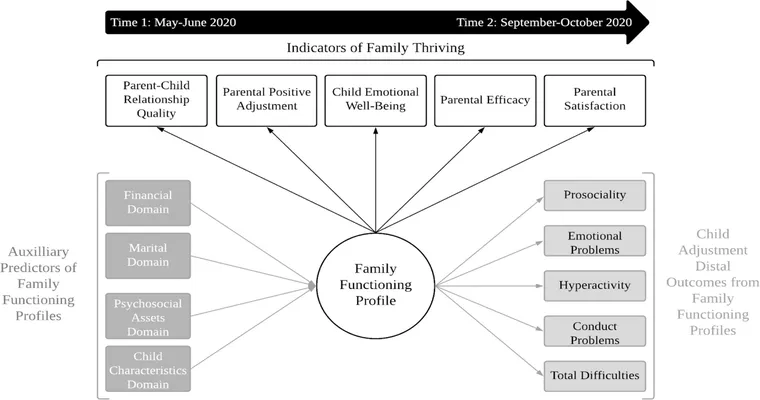Being the "only child" of aging parents can often lead to complex dynamics, especially when they reach the ages of "81 and 83". As their sole caregiver and companion, you may find yourselves in a situation where your relationship becomes increasingly "co-dependent". This can manifest in various ways, affecting not only your emotional well-being but also their independence. Understanding and addressing this co-dependency is crucial for maintaining a healthy relationship as your parents age.
Understanding Co-Dependency
Co-dependency typically refers to an excessive reliance on each other for emotional support and decision-making. In your case, the bond with your elderly parents may have become so strong that it compromises both your autonomy and their independence. It is essential to recognize the signs of co-dependency to create more balanced relationships. These signs can include feeling responsible for their happiness, neglecting your own needs, or experiencing guilt when considering time away from them.
The Impact of Aging on Relationships
As parents grow older, it is natural for them to become more reliant on their children for support. However, this can lead to a "co-dependent relationship" if boundaries are not established. Aging can result in physical limitations and emotional vulnerabilities, making it easier for parents to lean heavily on their only child. While it is admirable to want to support them, it's crucial to ensure that both you and your parents can maintain a sense of "independence".
Tips for Establishing Healthy Boundaries
1. "Communicate Openly": Start by having an honest conversation with your parents about your observations and feelings. Discuss the need for both emotional support and personal space.
2. "Encourage Independence": Help your parents engage in activities that promote their independence. This could include hobbies, social groups, or even part-time assistance from caregivers.
3. "Set Personal Boundaries": Clearly define your own personal time and space. This might mean scheduling regular breaks, engaging in your own interests, or seeking support from friends and family.
4. "Seek Professional Help": Sometimes, it can be beneficial to engage a therapist or counselor. They can provide valuable insights and coping strategies for navigating these complex emotional dynamics.
5. "Focus on Self-Care": Prioritize your own well-being. Engaging in self-care activities can rejuvenate you and help maintain a healthy balance in your relationship with your parents.
The Importance of Balance
Maintaining a balance between being supportive and fostering independence is vital for both you and your parents. By recognizing the signs of co-dependency and taking proactive steps, you can foster a more sustainable relationship that honors both your needs and theirs. Remember, a healthy relationship is one where both parties feel empowered and valued.
Conclusion
Being the "only child" of elderly parents can be a rewarding yet challenging experience. If you feel that your relationship has become too "co-dependent", it is essential to take steps toward fostering a healthier dynamic. By establishing boundaries, encouraging independence, and prioritizing your own well-being, you can create a more fulfilling relationship with your aging parents. Embracing this journey with empathy and understanding can lead to a deeper connection that respects the unique roles you each play in one another's lives.





